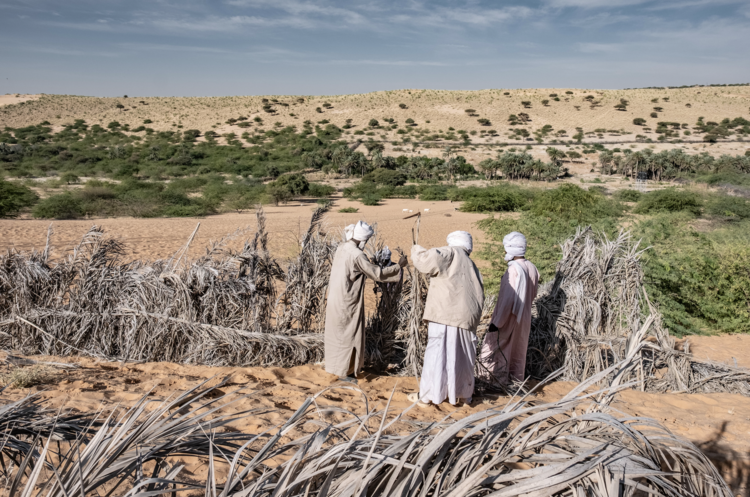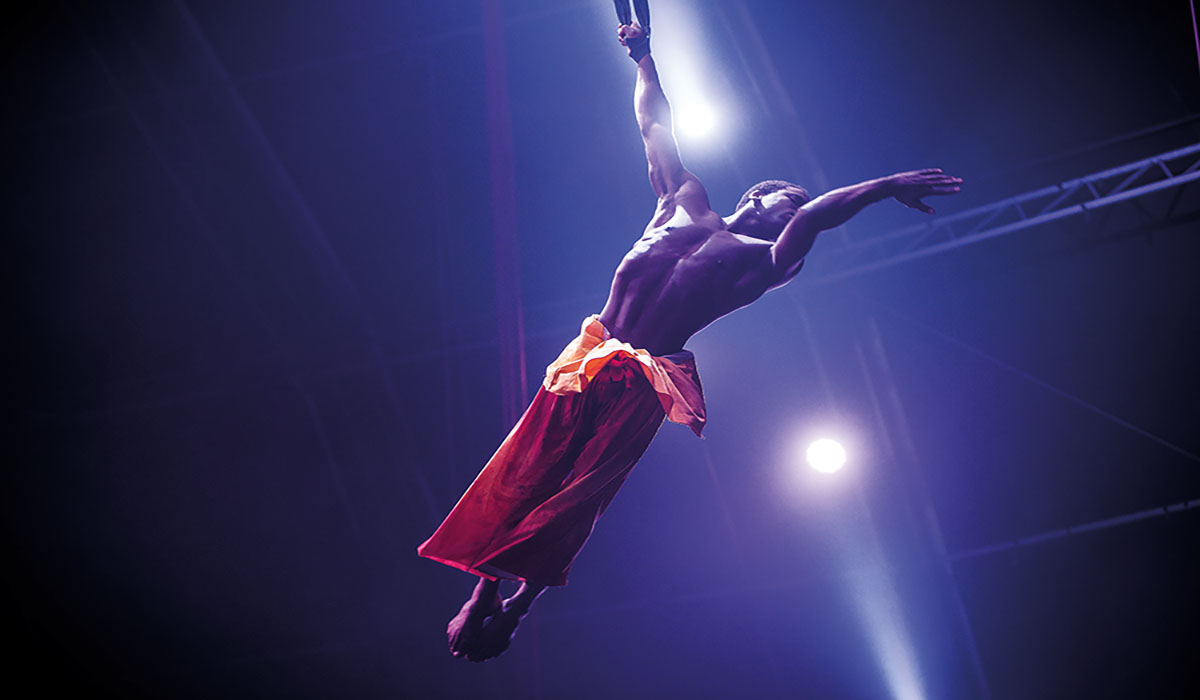
Zip Zap circus in South Africa is one of a growing number of ‘social circuses’ that are transforming the lives of marginalised youths
By
In a squat concrete warehouse outside the national football stadium in Guinea’s capital, Conakry, the performers of the Tinafan Circus are busy practising their routines. A contortionist dangles gracefully from a hoop suspended from the ceiling while acrobats fly through the air on a trapeze. A youngster edges his way along a tightrope and a pair of jugglers hone their act amid a haze of spinning batons. Tinafan’s performers are among the most skilled on the continent and some of those here today have already become icons in the circus world, wowing audiences from New York to Tokyo. But not that long ago, many of them were living rough on the streets, wondering where their next meal would come from. ‘When I first came here I had no money at all,’ says Foday Ahmed Sylla, a 21-year-old acrobat. ‘I was always hungry. I used to come without having had any breakfast. But it was so important for me to get out of my neighbourhood. I wasn’t doing anything with my life.’
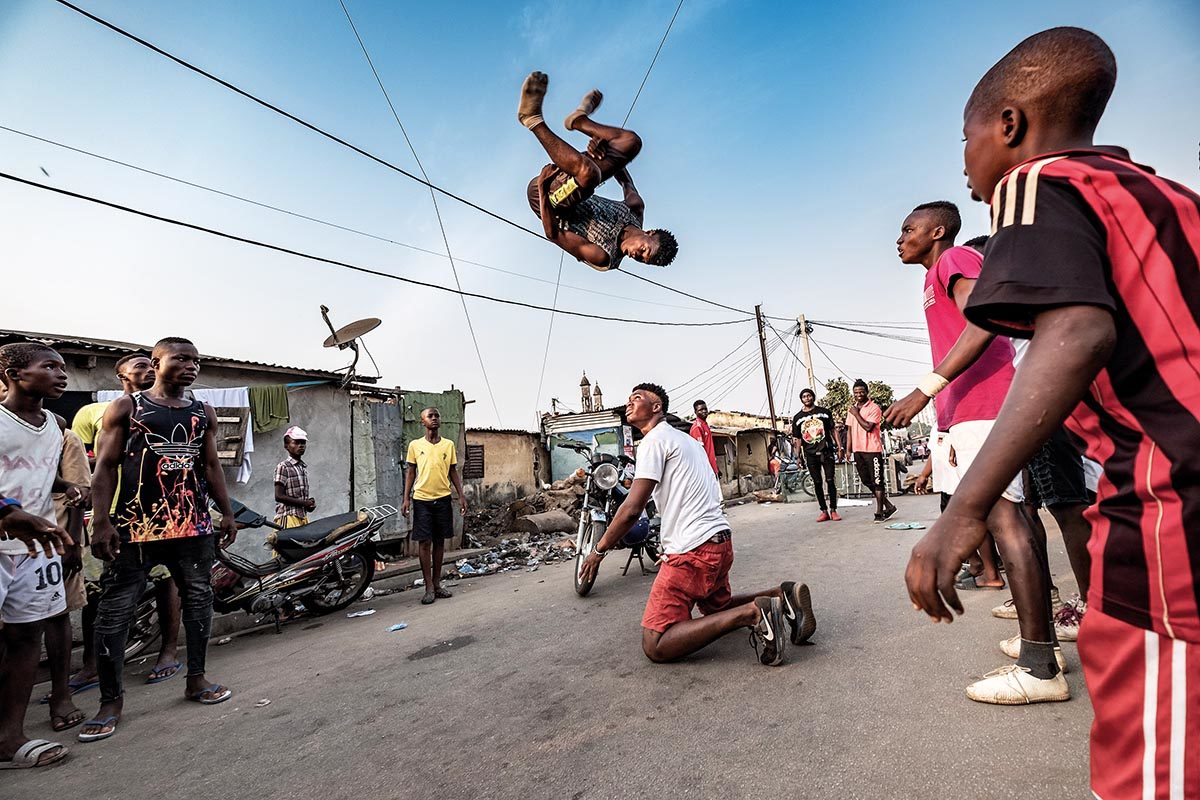
Tinafan is one of a rapidly growing number of ‘social circuses’, which aim not only to entertain but also to act as a force for social change and a stepping stone for marginalised youth looking for a fresh start. According to a study carried out by the Canada-based Cirque du Soleil – the largest contemporary circus producer in the world – the number of social circuses around the globe has shot up from fewer than ten during the late 1970s to more than 500 today. Driving this boom is an increasing awareness that the skills and environment that circuses provide can be uniquely transformative: they provide a sense of belonging, a community across socio-economic and even international barriers, and they teach discipline, focus, creativity, teamwork and, above all, trust in others.
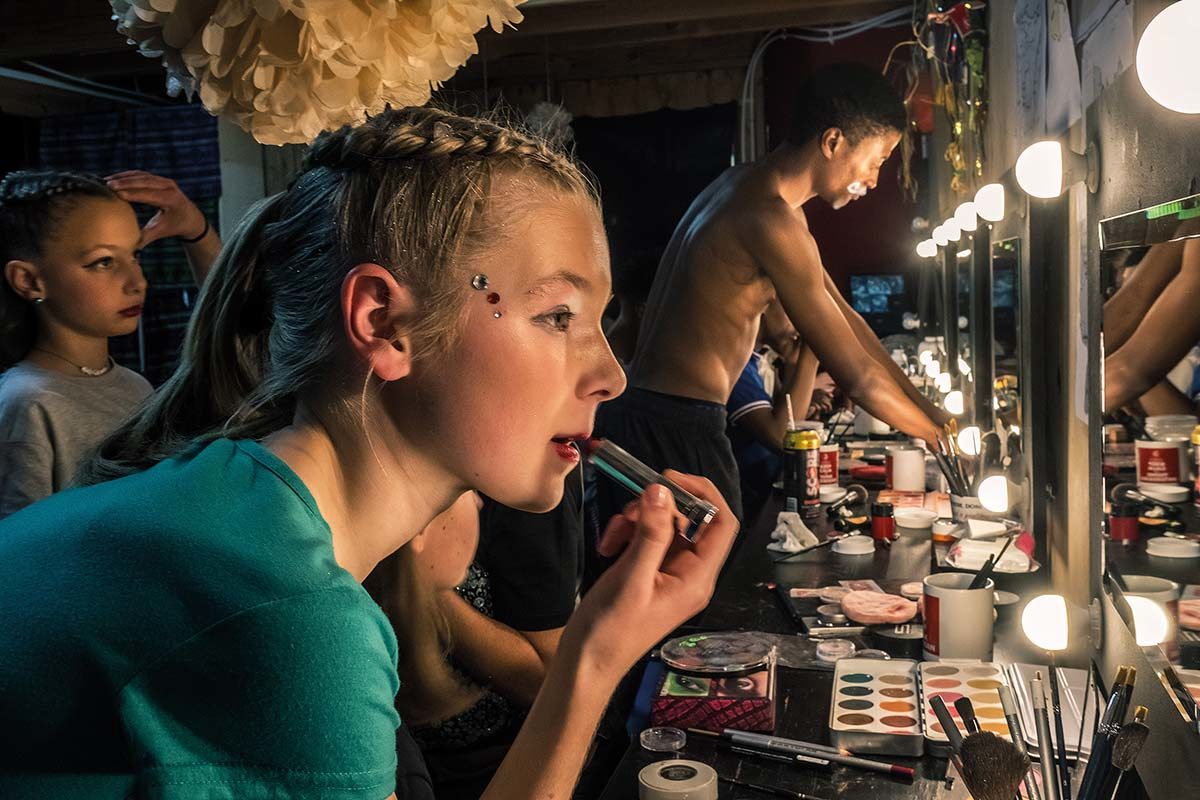
‘You have to trust your base guys,’ says Sylla, referring to the members of the team whose job it is to catch the acrobats. (Sylla himself is the ‘flyer’.) ‘When I’m in the air, I feel relaxed. You just have to have faith.’ Sylla, who became an orphan in his mid-teens, says that the circus has given him a new direction in life. It has also hugely expanded his horizons, allowing him to meet fellow acrobats from all over the world. He has performed as far afield as Hong Kong.
‘Right now we’ve got 15 [of our acrobats] in America, ten in Canada, two with the Cirque de Soleil, three in Spain, 20 in France and others in Germany,’ says Ibrahima Bamba, a former judo professional who now trains and directs the circus. ‘Guinean performers are travelling everywhere now. Just this morning, four more left for Burkina Faso. Seeing them travelling the world makes me very happy.’ Tinafan has received funding from various sources, including the UN Children’s Fund, UNICEF, yet the facility is permanently strapped for cash. Much of the equipment being used today was welded together out of scrap metal by Bamba himself, and he’s immensely proud of what the circus has managed to achieve given the financial constraints.

Before 1998, Bamba says, few Guineans had ever even heard of the circus. Now, there are circuses popping up in towns and cities across the country, many of them, like Tinafan, associated with their own circus schools, where the next generation of performers is being trained. One of the ways in which they reach new audiences and introduce new young people to the performing arts is through local street parties, known locally as ‘dundunba’ after the West African drums that accompany them, at which the acrobats perform freestyle, to the delight of the crowds, explains Bamba.
After a hard morning’s work, Sylla and his friends take a break for lunch – a spicy meal of chicken and rice that they eat from a large communal bowl on the ground behind the building. Then they pile into a taxi and make for the nearest beach, where training continues until the sun dips below the horizon. ‘To be a pro in the circus you need to force yourself to train and to try new things,’ says Sylla, whose goal is now to work hard and save enough to be able to support the remaining members of his family. ‘Every day, I try to learn something new.’ Some 5,600 kilometres to the south, in Cape Town, South Africa, the Zip Zap Circus has been helping youngsters escape lives of poverty and violence in the city’s townships since 1992.
You may also like
‘It just works,’ says Zip Zap co-founder Brent Van Rensburg, who has seen the organisation grow from a shoe-string initiative operating with makeshift trapezes in school yards to a thriving non-profit with a range of outreach programmes targeting at-risk groups across the city. ‘Ninety per cent of what we do is empowering youth. It’s kind of an alternative education system.’
He’s talking from a balcony that overlooks the training area of the newly built Zip Zap Academy in Cape Town’s Salt River neighbourhood. Below, performers of all kinds practise their acts. As in Conakry, there’s an air of mutual support and creativity. A pair of acrobats study video footage together on a mobile phone as they learn a new aerial-silks routine and jugglers banter as they attempt to keep an ever-growing number of balls and batons airborne. Upstairs, in a dance studio, a choreographer coaches her students – there’s a show coming up soon and the performance must be flawless.
The circus has now completed more than 30 international tours and has performed for everyone from Nelson Mandela to Roger Federer. But while its shows and performances are regular highlights in the Zip Zap calendar, the social work never stops. Among its outreach activities are weekly circus classes at a hospital in the township of Khayelitsha, aimed at providing entertainment for children who come to pick up HIV medication and introducing them to the magic of circus tricks. ‘At first, when a kid enters there, they don’t smile,’ says Lizo James, a longtime Zip Zap performer who now runs the classes at the hospital. ‘But within a couple of minutes, you see a smile and interest from them. And it goes both ways, you share special moments… I love my job!’

Social circuses are now being used as a tool everywhere from conflict zones to drug-rehabilitation centres. But in the context of South Africa in 1992, during the last years of apartheid rule, Van Rensburg hoped that Zip Zap would, among other things, stand as a bastion of racial equality and play a part in healing the new South Africa. More than a quarter of a century later, Cape Town remains one of the most socially divided cities on Earth, but the Zip Zap Academy offers a glimpse of a more integrated future. Its performers come from every racial and socio-economic group, and from every part of the city, from the wealthiest suburbs to the poorest townships.
Places on its youth programmes are in particularly high demand and many of its students have overcome great odds to be here. Inathi Zungula, a contortionist and acrobat from the agricultural town of Worcester, undertook a seven-hour round-trip commute to get to circus practice twice a week for two years before eventually moving to Cape Town.
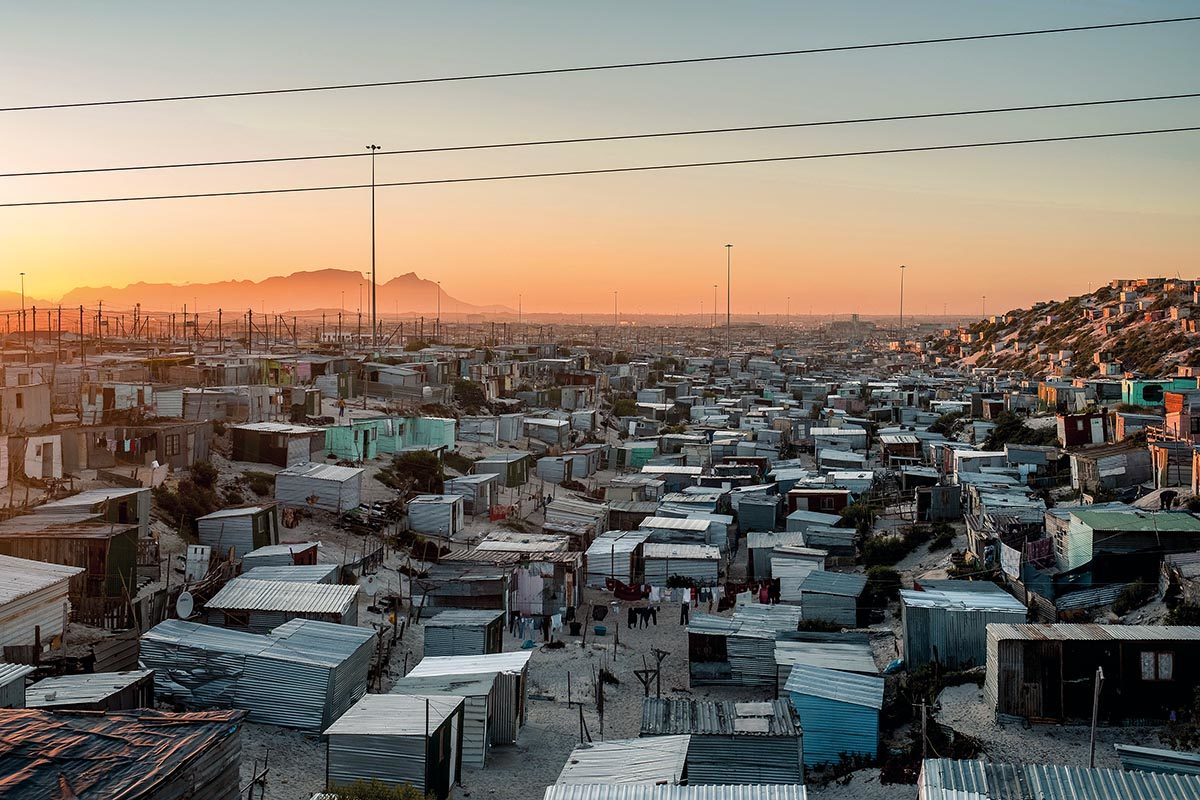
Phelelani Ndakrokra, another of Zip Zap’s current star performers, came from such a difficult background that he can say with confidence that he would most likely be dead or in prison by now if it weren’t for the circus. Watching his assured performance when he walks out on stage, it’s almost impossible to reconcile the person he describes having been in the past with the one in action today.
For Aviwe Mfundisi, who grew up in a part of Cape Town afflicted by drugs, unemployment and gang culture, Zip Zap has provided a new sense of belonging and community. Both he and Ndakrokra describe their fellow performers as a ‘family’. ‘It has taught me so much,’ he says, during a brief break from training. ‘This circus has changed my life completely.’

Mfundisi, who has the words ‘Zip Zap’ tattooed in blue ink on his forearm, now hopes to start training the newer recruits, passing on his love of the circus to the next generation. Already, he spends many of his Sundays teaching youngsters in Khayelitsha.
‘When you hang up your tights and your wristbands, you have to pass it on,’ says Van Rensburg, who grew up as a circus performer before founding Zip Zap. ‘To see these kids drive the programme now is really cool. These kids are the future.’



